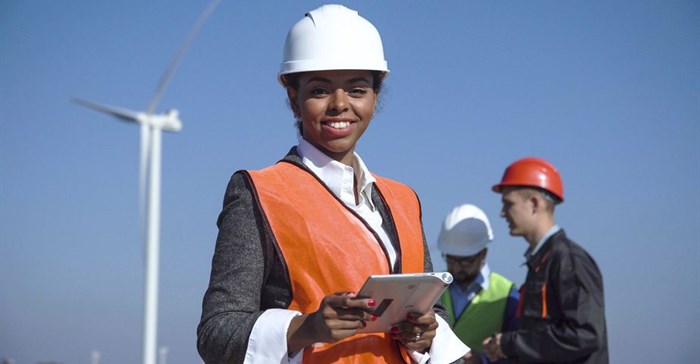Integrating gender in the power sector would create opportunities for women and strengthen the sector to support improved healthcare, education and entrepreneurial opportunities. This would propel socio-economic development.
“Diversity is not only nice to have, there’s a business case for it. We strongly believe that, both in the public and private sector, we must have leadership bodies that reflect the societies they live in, for better, more sustainable, long term results,” Vanessa Moungar, director of the African Development Bank’s gender, women and civil society department told a three-day seminar on promoting gender equality in the African power sector.
Women represent only 20% of employees in the African power sector and less than 10% of engineers.
“We expect women to not only be minor workers in the power sector but leaders, policy makers, renewable energy entrepreneurs, utility managers, employers of power plants and distribution systems, executives of private sector partners, and customers of electricity services, said Amadou Hott, vice president for power, energy, climate change and green growth.
Participants shared best practices, raised awareness about the interlinkages between gender and the power sector and moved toward a consensus on advocacy for reform, policy implementation and regulations to ensure gender-equal access to energy services, as well as ways to increase women representation in the sector. These strategies aim to attract more women to the power sector, improve their career prospects and increase their access to management positions within utilities.










































